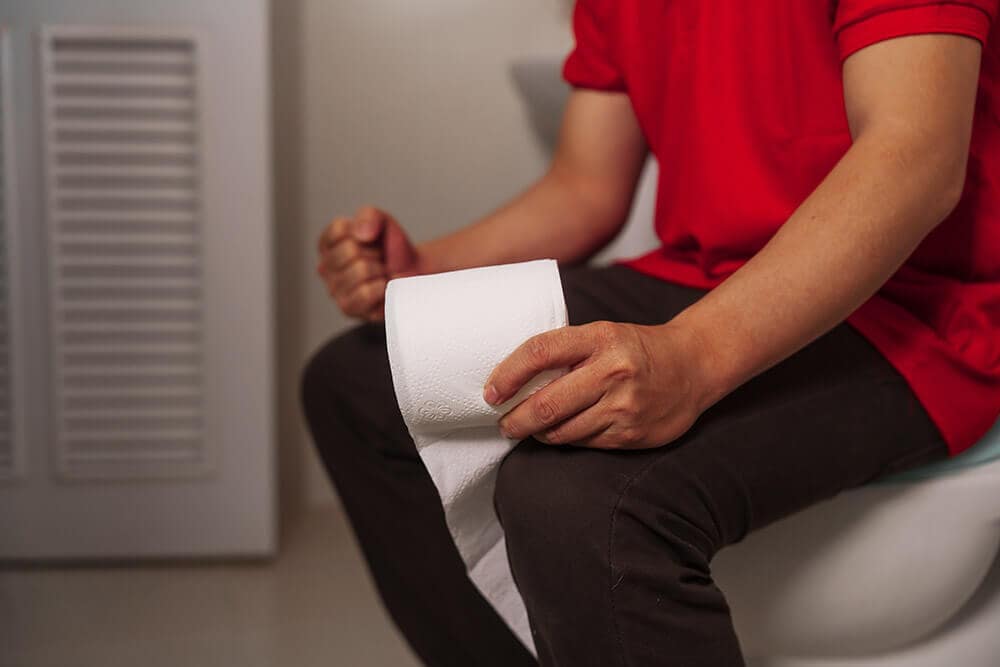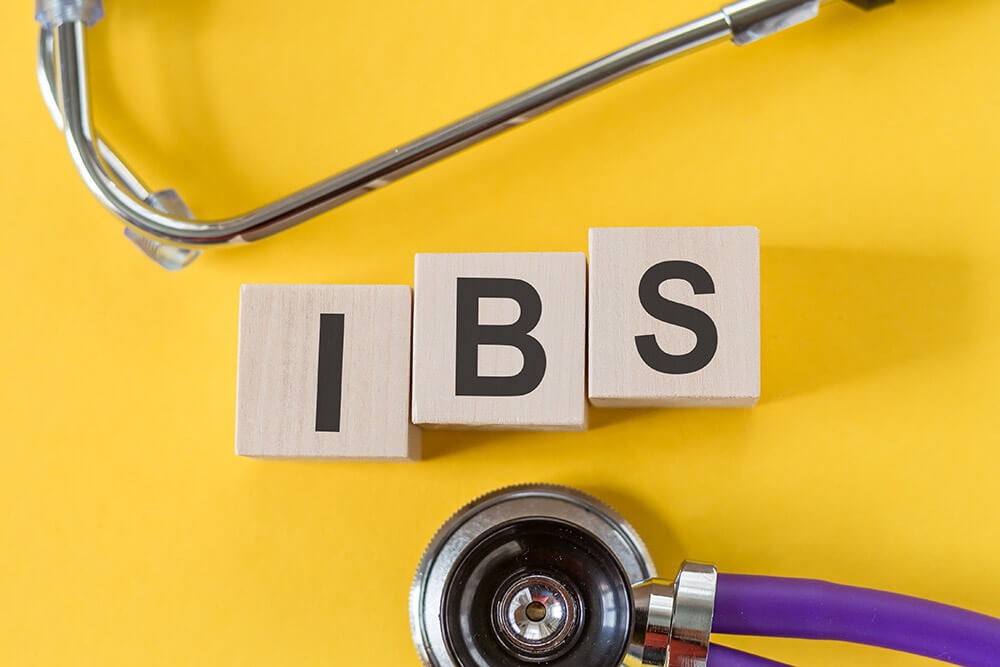What Is Bloating?
Bloating is a common digestive issue where your abdomen feels full, tight, or swollen.
It's usually caused by excess gas or fluid buildup in the digestive tract.
Occasional bloating is normal, but persistent or severe symptoms warrant evaluation by a gastroenterologist.
Common Causes and Risk Factors
- Eating large meals or eating too quickly
- Foods that produce gas (beans, cabbage, onions) or are high in fat
- Constipation or slow gut motility
- Food intolerances (e.g., lactose, gluten)
- Irritable bowel syndrome (IBS)
- Hormonal fluctuations (such as during menstrual cycles)
- Stress, anxiety, or other emotional factors
- Lack of regular physical activity
Signs and Symptoms
- Visible swelling or tightness in the abdomen
- Frequent burping or passing gas
- Mild to moderate abdominal discomfort or cramping
- Feeling full after only a small amount of food
- Noticeable protrusion of the belly, especially after meals
How Dr. Rishi Chadha Diagnoses Bloating?
Dr. Chadha follows a step-by-step approach:
Medical History and Diet Review
He asks about your symptoms, eating habits, stress levels, medication use and any food intolerances.
Physical Examination
He palpates your abdomen to assess for swelling, tenderness or masses and listens for bowel sounds.
Laboratory Tests
- Blood work to check for anemia, thyroid function, celiac disease markers or signs of inflammation.
- Stool studies to rule out infections, parasites or inflammatory bowel disease.
Imaging Studies
- Abdominal ultrasound to detect fluid buildup, organ enlargement or masses.
- CT scan when more detailed views of the bowel and surrounding structures are needed.
Endoscopic Evaluation (if needed)
Upper endoscopy or colonoscopy to directly visualize the gastrointestinal tract, obtain biopsies and identify strictures or lesions.
Frequently Asked Questions
How quickly can I get rid of bloating?
Many people feel better within a few days by making diet changes and using over-the-counter remedies like simethicone.
Are there foods I should avoid?
Yes, common culprits include beans, onions, cabbage, and sugar-free products that contain sugar alcohols.
Can stress cause bloating?
Absolutely. Stress alters gut motility and can increase gas production, leading to more bloating.
Is over-the-counter treatment enough?
OTC options help mild cases, but if your bloating persists or worsens, schedule an evaluation with Dr. Chadha.
What tests check for bloating?
Depending on your symptoms, tests may include blood work, stool analysis, ultrasound, endoscopy, or colonoscopy.
Are probiotics useful?
Yes. Many patients, especially those with IBS, report symptom relief when taking a daily probiotic.
Can kids have bloating?
Children can bloat due to dietary factors or food sensitivities - evaluation helps rule out other causes.
Does drinking water help?
Staying hydrated supports healthy digestion and helps prevent constipation, which can reduce bloating.
When is bloating serious?
If you experience unexplained weight loss, blood in your stool, or severe abdominal pain, see a doctor promptly.











